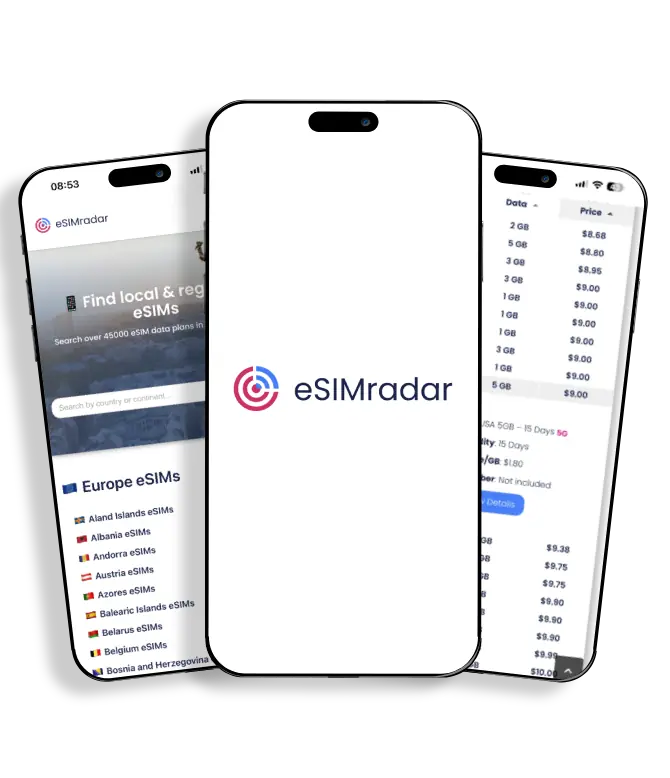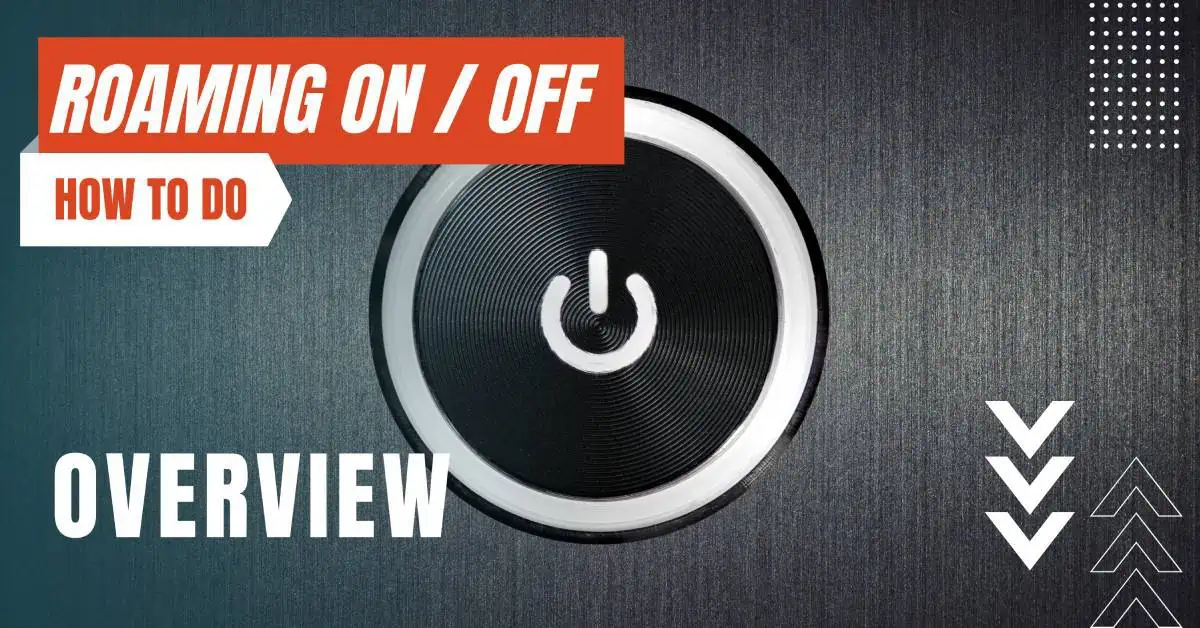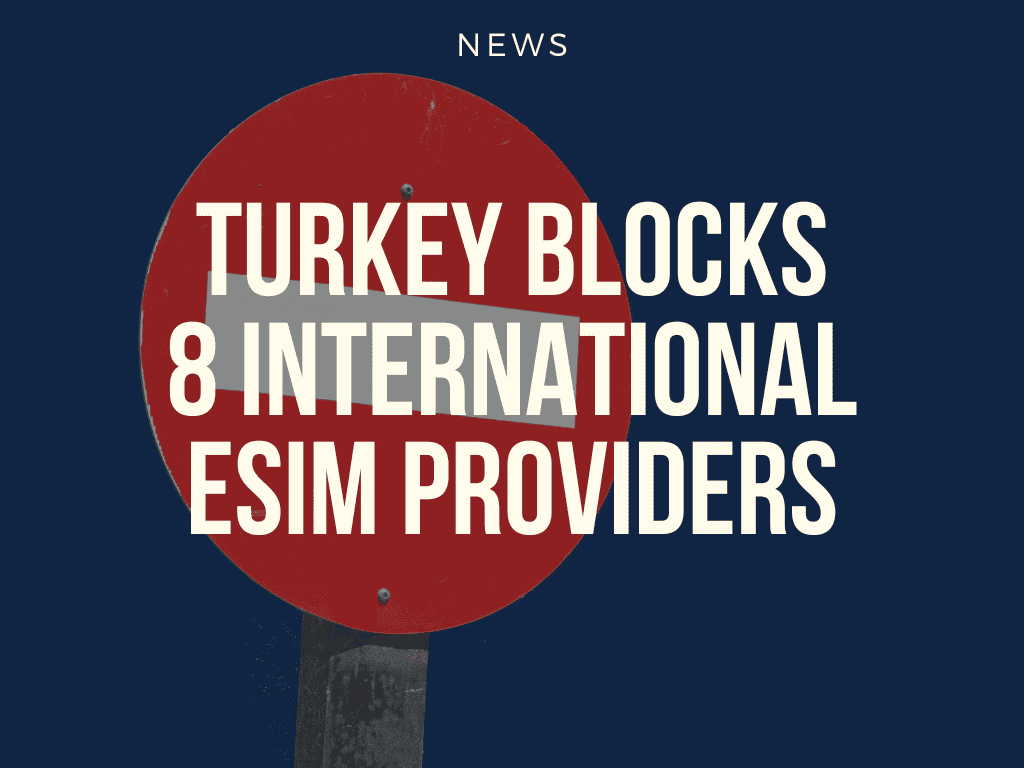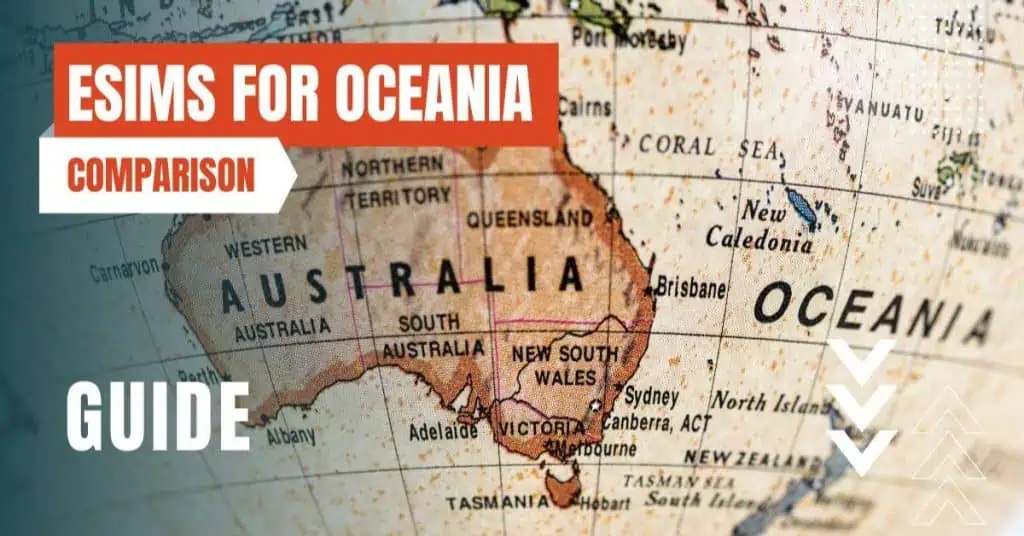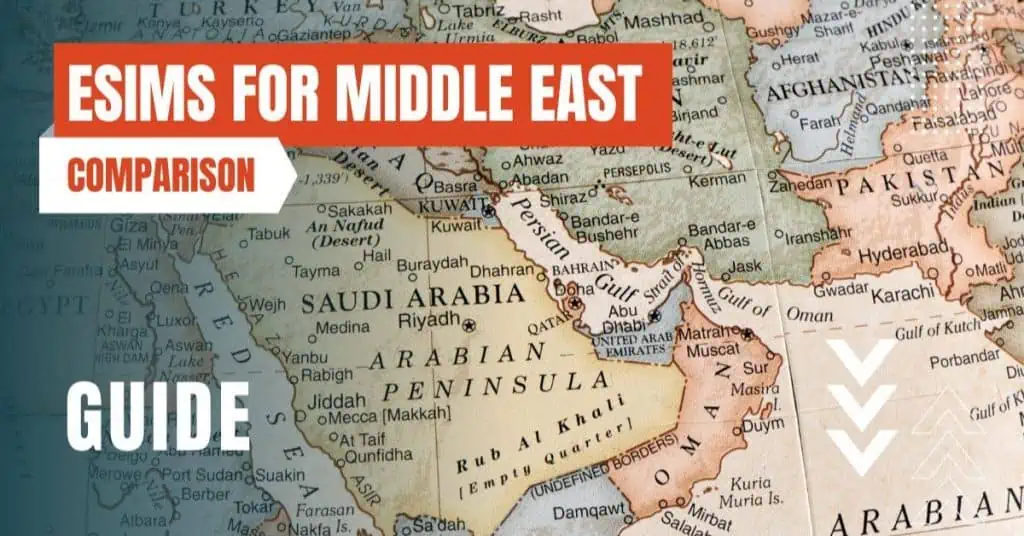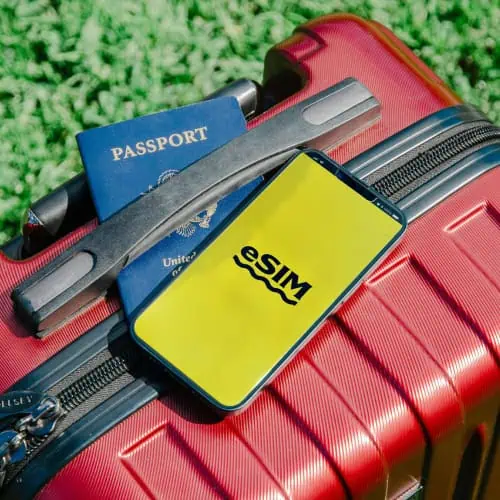All of the products and services we feature are chosen independently. If you click through links we provide, we may earn a commission. Learn more
Written by: Emily Chen
What Are Roaming Charges
- Updated: September 30, 2023 | Published:
Roaming charges have long been a bane for travelers, often resulting in exorbitant bills upon returning home. Understanding what they are and how to avoid them is essential for anyone planning to use their phone while abroad.
In this comprehensive article, we will delve into the world of roaming charges, explain why they exist, and provide you with a wealth of strategies to help you minimize or eliminate these pesky fees.
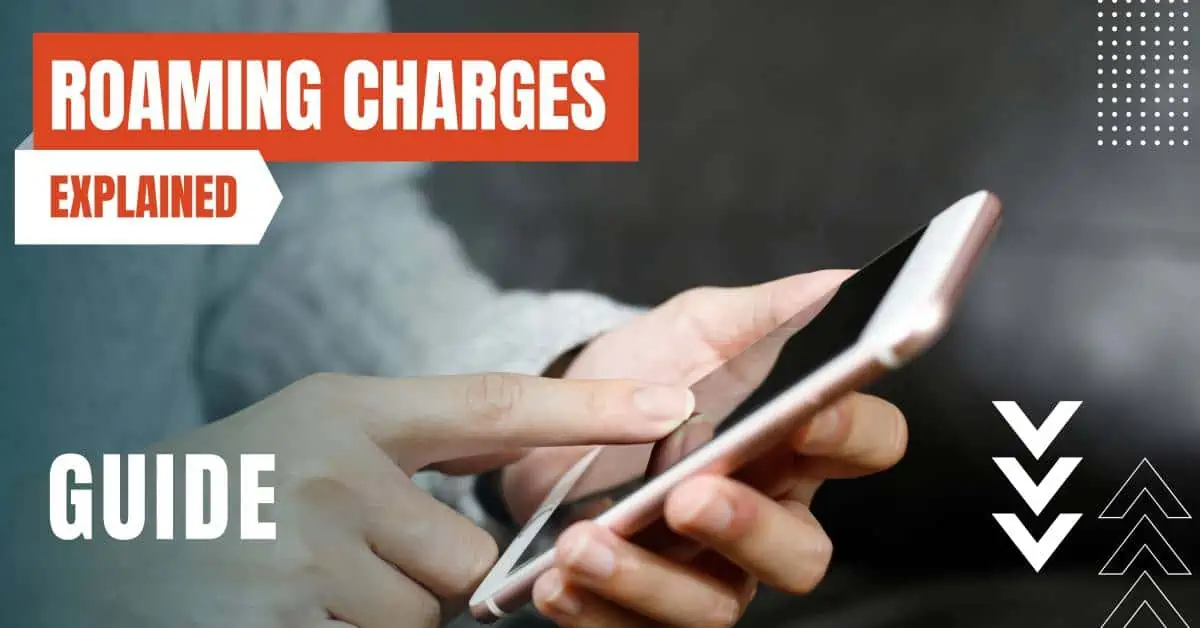
What are Roaming Charges?
Roaming charges are additional fees incurred when a mobile phone user connects to a foreign network while traveling outside their home country. These charges apply to voice calls, text messages, and data usage, often resulting in higher costs compared to domestic rates.
For example, a traveler from the United States visiting France may be subject to roaming charges if they use their phone to make a call, send a text, or access the internet.
Why Do Roaming Charges Exist?
Roaming charges exist because when a mobile user connects to a foreign network, their home network must pay the foreign network operator for the use of their infrastructure. These costs are then passed on to the user in the form of roaming charges.
The fees may be higher than domestic rates due to the additional costs associated with providing the service abroad, including factors such as international tariffs, currency conversion rates, and differing network technologies.
Types of Roaming Charges
Voice Call Charges
Voice call roaming charges apply when you make or receive phone calls while connected to a foreign network. These charges can include per-minute rates, connection fees, or a combination of both.
Receiving calls may also be subject to fees, even if you don’t answer the call.
For instance, if you’re charged $0.30 per minute for a call and a $1.00 connection fee, a 10-minute call would cost $4.00.
Text Message Charges
Text message roaming charges apply when you send or receive SMS messages while abroad. Charges are usually per message and can vary significantly depending on the destination and network operator.
For example, sending a text message from a US carrier to a European number might cost $0.50 per message, while receiving a text could be $0.20 per message.
Data Roaming Charges
Data roaming charges are incurred when you use data services such as browsing the internet, streaming music or video, and using apps that require data while connected to a foreign network.
Data roaming charges are typically billed per megabyte (MB) or gigabyte (GB) and can be substantially higher than domestic rates.
For instance, a user may be charged $10.00 per MB of data used, making browsing a simple webpage or using a map app very costly.
How to Avoid Roaming Charges
Use Wi-Fi Whenever Possible
One of the simplest ways to avoid roaming charges is to use Wi-Fi whenever possible. Most hotels, restaurants, and public spaces offer free Wi-Fi, allowing you to make voice and video calls, send messages, and use data without incurring any roaming charges.
Be sure to connect to secure networks and use a VPN for additional protection when accessing sensitive information.
Purchase a Local SIM Card or eSIM
Buying a local SIM card upon arrival at your destination can help you avoid roaming charges. This allows you to use your phone with a local number and take advantage of local rates for calls, texts, and data. However, be aware that this may require an unlocked phone compatible with the local network.
For example, if you’re traveling to Spain, you could purchase a local SIM card from a Spanish carrier like Movistar, Orange, or Vodafone, giving you access to local rates and avoiding hefty roaming charges.
Choose a Roaming Plan or Add-On
Many mobile carriers offer roaming plans or add-ons that can help you minimize or eliminate roaming charges. These plans may include a fixed amount of data, voice minutes, and texts for a set price or allow you to use your domestic plan abroad for a daily fee.
For example, T-Mobile’s Magenta plan offers unlimited texting and data in over 210 countries and destinations at no extra charge, while AT&T offers an International Day Pass for $10 per day that allows you to use your domestic plan abroad.
Disable Data Roaming
To avoid unexpected data roaming charges, you can disable data roaming in your phone settings. This prevents your phone from connecting to foreign networks for data services, ensuring you only use data when connected to Wi-Fi.
On an iPhone, you can find this setting under Settings > Cellular > Cellular Data Options > Data Roaming.
For Android devices, it’s typically under Settings > Network & Internet > Mobile Network > Data Roaming.
Use Messaging and Calling Apps
Using messaging and calling apps such as WhatsApp, Skype, or Facebook Messenger can help you avoid voice and text roaming charges. These apps use data or Wi-Fi connections to send messages and make calls, often at no additional cost.
Keep in mind that these apps may consume data, so be cautious when using them on a foreign network without a data plan or Wi-Fi connection.
Additional Tips for Avoiding Roaming Charges
Monitor Your Usage
Use Offline Features
Rent a Portable Wi-Fi Device
By entering your email & signing up, you agree to receive promotional emails on eSIMs and insider tips. You can unsubscribe or withdraw your consent at any time.

About The Author
Spread the Word, Share the Joy
Compare eSIMs
Why keep the secret to yourself? Spread the joy of eSIMradar and let everyone in on the eSIM experience!

Easy eSIM Comparison for Your Needs
Simplifying your search! Easily compare eSIM plans tailored to your specific needs

Coverage in 210+ Countries
Benefit from our extensive eSIM comparison with 30+ providers in over 210 destinations.

Save money without second-guessing
Our platform helps you maximize value, ensuring competitive prices.

Enjoy Hassle-Free Travel Abroad
Whether you’re on holiday or a business trip abroad, stay connected with ease and focus on enjoying your experiences,
Find Your Perfect eSIM & Exclusive Deals!
Find your ideal eSIM effortlessly and stay connected in style wherever your adventures take you! Get exclusive deals and discounts at your fingertips, ensuring you get connected for less on your travels!
